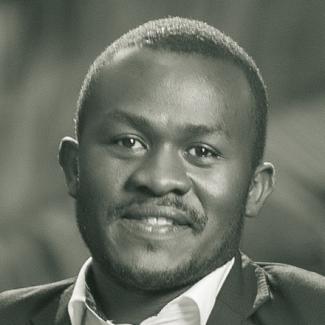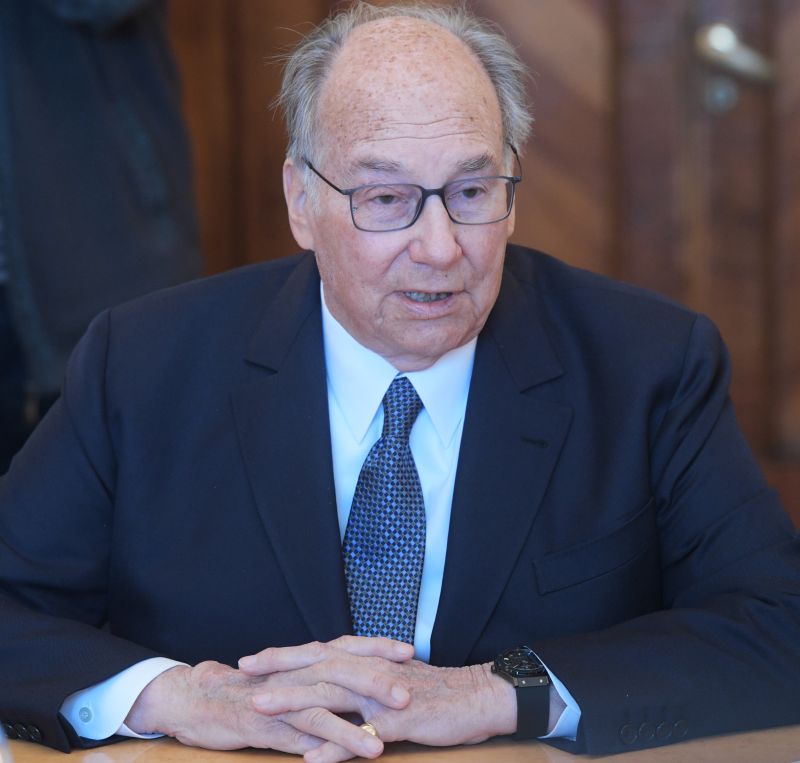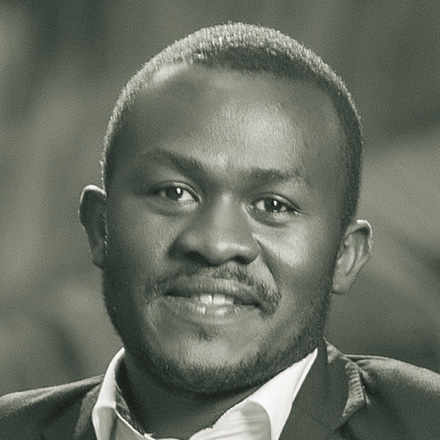Poverty alleviation
Reaching out to disadvantaged communities

In Mombasa and the neighbouring counties of Kilifi and Kwale, the AKF has been engaged in pre-primary and primary education for almost four decades. Several million dollars have been spent, and various partners, including the Canadian government, have been involved.
In 1982, the Aga Khan visited Mombasa, where he met Muslim leaders. They told him there was a need to improve childhood education. The situation was dire in Mombasa, because fewer Muslim children than Christian children went to primary and secondary schools, and the performance of those that did was not as good as their counterparts’ performance in the Christian schools.
The parents knew that the problem began very early. Due to shaky foundations built in their children’s early years, it was not a surprise that they failed their primary and secondary school exams. Because they failed in formal education, their fate was to be stuck in the vicious cycle of ignorance, illiteracy and poverty. In 1983, researchers confirmed this view. According to their study, “quality pre-school education for three-to-six year-olds was critical to their future development”. The AKF became involved.
In the meantime, more than 250,000 children have benefited from the programme. Not all of them were Muslims. The AKF does not promote sectarian approaches but spreads the message of communities living peacefully together.
On the Kenyan coast, the AKF also has a history of improving food security. Its rural support programme started out with model projects in three of the region’s poorest sub-counties. According to an AKF official, the places concerned “face harsh climatic conditions, are geographically remote and generally have low access to government services”. Many residents still lack access to clean drinking water, infrastructure is poor, and there is limited access to education and health care.
Over a 15-year period, the programme has grown from four village organisations to 195, with over 230,000 members. The AKF reports that the programme helped to build 121 dams and small farm reservoirs that provide access to water for domestic and productive use in the target communities. As a result, many households were able to increase their agricultural production and incomes. The programme also helped to improve access to water, sanitation and hygiene in 50 schools for 30,000 children.
Another achievement is that 24,000 community members now rely on 47 kilometres of water pipes. Families were encouraged to establish kitchen gardens for improved nutrition. Moreover, 250,000 trees were planted. The foundation says it has trained over 200,000 Kenyan farmers on how to increase their productivity. Such numbers are impressive.
In rural Tanzania, the AKF is taking a similar approach. The target group is smallholder farmers in the remote Lindi and Mtwara regions, which are near the Mozambican border. “The programme supports multiple economic activities that improve agricultural production by mainly enhancing productivity and educating farmers on better marketing practices,” the AKF spokesperson reports. “Its key focus has been on the rice and sesame value chains, as well as on increasing access to financial services through community-based savings groups.” The savings groups allow households to pool their funds and take small loans.
As of 2014, the foundation reports, a total of 54,000 smallholder farmers had doubled their rice and sesame yields while strengthening environment-friendly agriculture skills. The microfinance initiative has seen more than 120,000 people save a total of US $ 2.2 million as at the end of 2013. (as)









